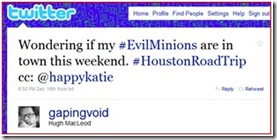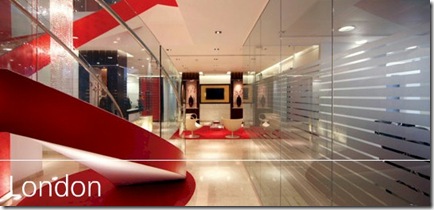I was describing the concepts behind ‘Dynamic Work’ at an event last week and one of the attendees described it as an ‘anti-neutron bomb.’
The ‘neutron bomb’ was a concept floated in the seventies as a military weapon which killed people, but left buildings and structures standing. The term was quickly characterised as a paragon of the inhumanity of war and mankind’s values. The term was most prominently popularised applied to ‘Jack Welch’ whose aggressive manpower reductions and layoffs led to the nickname ‘Neutron Jack’.
By contrast, ‘Dynamic Work’ gets rid of buildings and structures and leaves the people. As my friend Lindsay Hamilton described, ‘you help companies layoff building instead of people.’
‘People-friendly’ downsizing if you will. Just the ticket for a difficult economic times where production often needs to be scaled back, but unemployment is already enough of a problem and one we don’t want to aggravate further. I guess if Jack Welch’s moniker was ‘Neutron Jack’, then my aspiration would be to earn the name ‘Anti-Neutron Bruce’ (curiously, the ‘anti-neutron’ particle was discovered by a guy named ‘Bruce’).



